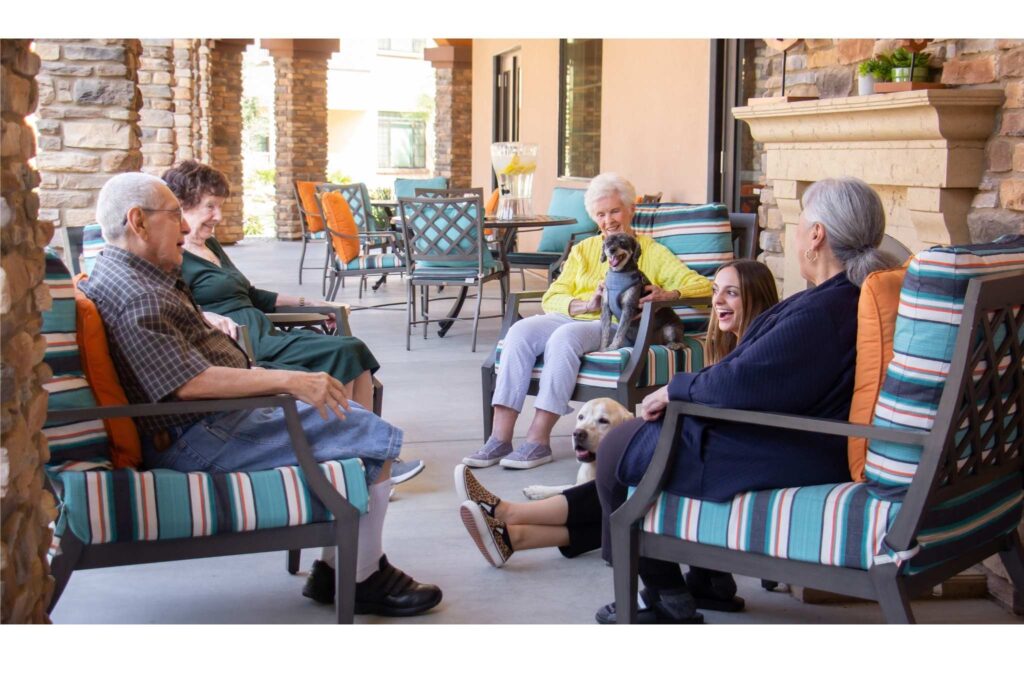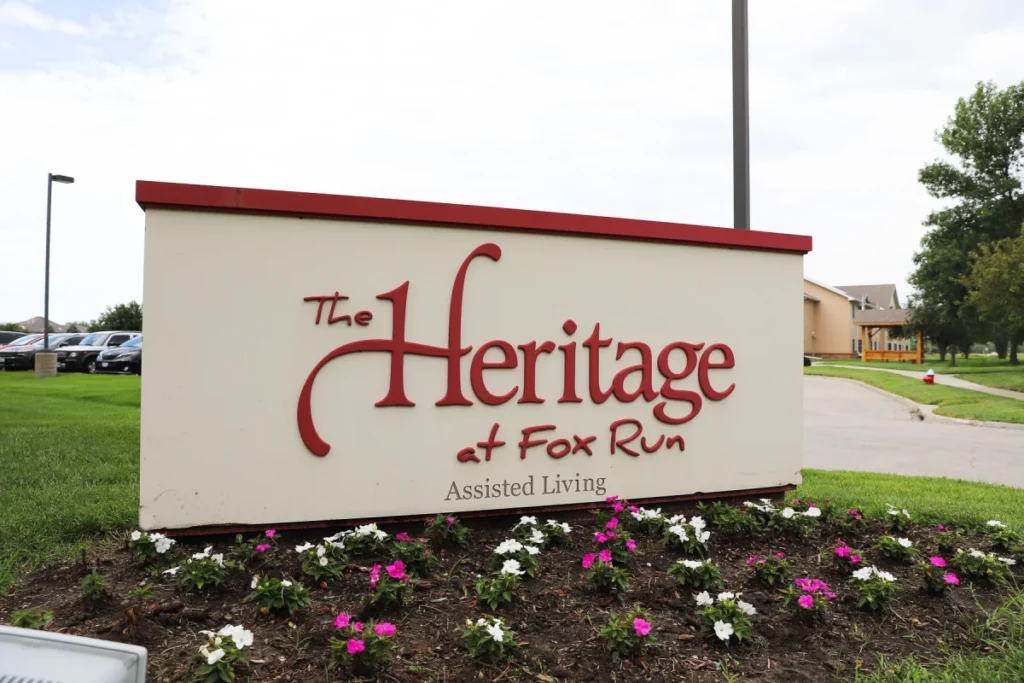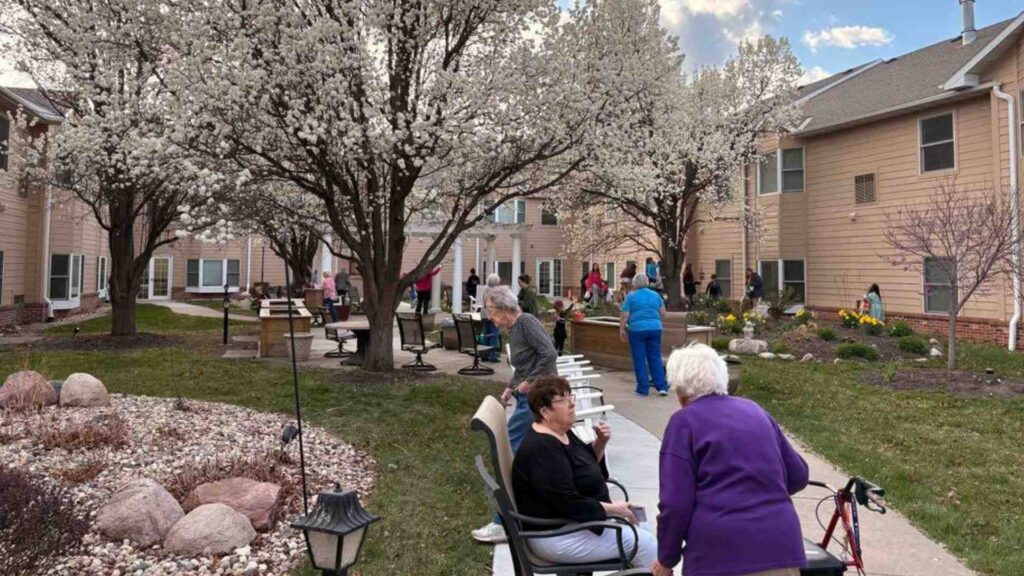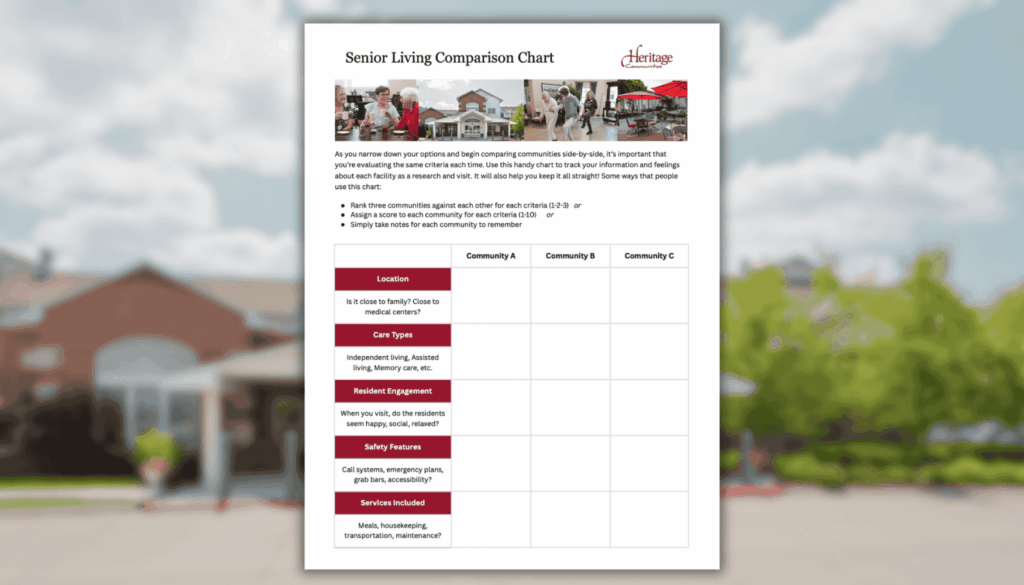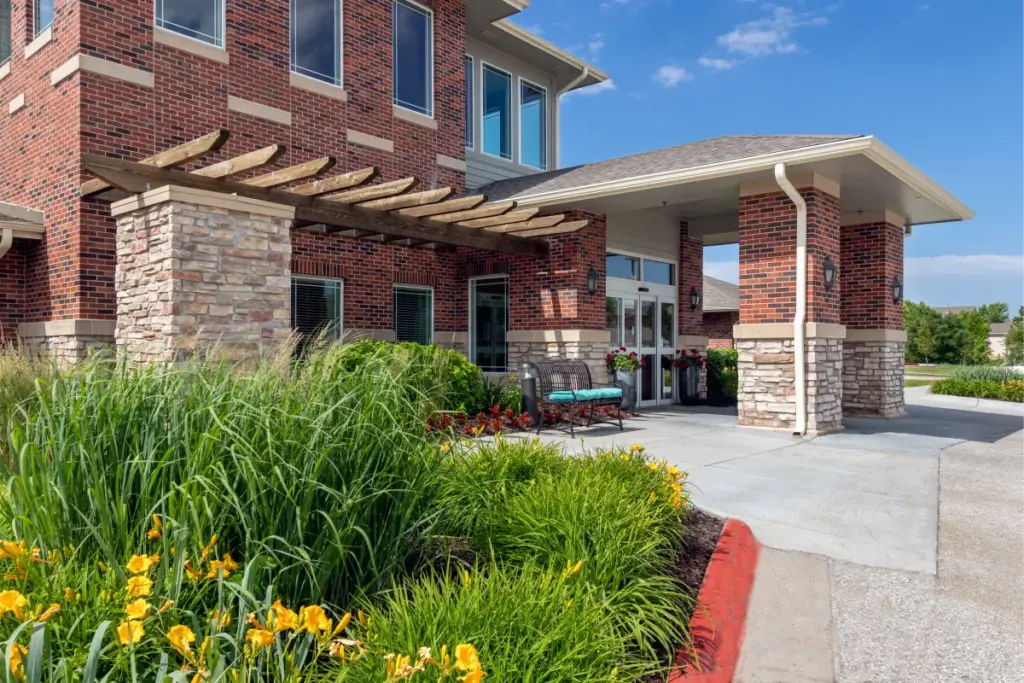Noticing Changes In Aging Loved Ones During Holiday Visits
Are you noticing changes in your aging loved ones? It can be hard to accept. They took care of us and helped us become the adults we are today.

Are you noticing changes in your aging loved ones? It can be hard to accept. They took care of us and helped us become the adults we are today. Our hard-working dad. Our wise and warm-hearted mother. Sweet grandmother and best fishing buddy grandfather. In our mind’s eye, they will always be that way—but unfortunately, growing older brings new challenges. Holiday visits are a good time to pay attention to aging warning signs that indicate a more supportive environment may be needed.
Enjoy the holidays, but don’t overlook these 5 signs it might be time for assisted living:
1. Changes in appearance.
Aging warning signs related to hygiene and health include not bathing or brushing teeth, unkempt hair, and wearing soiled clothing. New burns or scars might indicate difficulty with cooking or forgetting a pot is on the stove. Bruises can be signs your loved one is having problems with mobility and balance.
2. Changes in physical health.
Unintended weight loss, which can be due to not eating regularly or when a person might “forget” to eat, can suggest early dementia or depression. The opposite is also true, short term memory loss can lead to unintended weight gain. Additional causes for poor eating habits can be a loss of appetite due to medications, or a lack of interest in shopping, preparing a meal, and cleaning up. But it also can signal more serious medical conditions, such as cancer.
3. Changes in behavior and mental status.
According to the Mayo Clinic, symptoms of depression in older adults include memory difficulties, personality changes, fatigue, loss of appetite, sleep problems, and avoiding socializing. Do your parents seem less interested in their favorite hobbies? Have they withdrawn from peer friendships? Pay attention to their mood. Agitation can be caused by chronic pain, difficulty doing everyday tasks, or even changes in their sleeping patterns—all aging warning signs that can lead to more serious problems down the road.
4. Changes in the household.
If your memories of home include a clean, organized home with few items out of place, you might be in for an unwelcome surprise when seeing your Mom or Dad during the holidays. During your visit, note the amount of clutter. Are there stacks of unpaid bills? Piles of laundry or newspapers everywhere? Not only can this indicate a problem with doing tasks, it can present a falling hazard.
Other aging warning signs are spoiled and outdated foods in the refrigerator or pantry. Are there unfilled prescription bottles on the counter? Your loved one might need some assistance with taking their medicines correctly.
Don’t forget to check the car and the garage for signs of dents, scratches or other mishaps. Talk to your parent about how safe they feel driving, especially at night.
5. Changes in cognition, memory and judgement.
Everyone misplaces their keys now and then. But if Mom or Dad appears confused or expresses frustration with everyday tasks, it could be an early sign of dementia. Other important warning signs of aging to note are misplacing items, repeating themselves constantly, confusion, and making poor decisions.
Since you are visiting during the holidays, assess whether your loved one is anticipating family gatherings, or seems unaware of the season. If they’ve always enjoyed activities like baking cookies with the grandchildren or decorating a tree, but now have no interest, it might suggest they are struggling with physical or mental issues and might do better in a supportive lifestyle.
What to do if you see these aging warning signs.
Talk with your loved ones about your concerns and get their perspective. Good dialogue includes understanding the other person’s point of view, so be sure to listen with the intention of finding the best resolution that you both can agree on. For some, the first step may be getting in home help to assist with day to day chores. While for others, senior living is the agreed on resource that will provide the best balance of care while maintaining privacy in a resident’s own apartment home.
Heritage Communities Assisted Living allows your loved one to enjoy the comforts of their apartment, styled to fit them, as well as the company of others. Assisted Living means access to caregivers 24 hours a day for hands-on assistance with daily tasks such as bathing, dressing and medication administration. The holidays are the perfect time to schedule an in-person visit to a senior living community and learn more.
Above all, let your loved ones know how much you care, and that your main concern is their safety, health and happiness.
Heritage Communities is dedicated to helping each person remain as independent as long as possible. If you have questions about how to talk to your parents about making the transition to assisted living, download our free guide, Family Decision Toolkit: How to choose the right senior living community. Or simply contact us today. We are here to help you!

